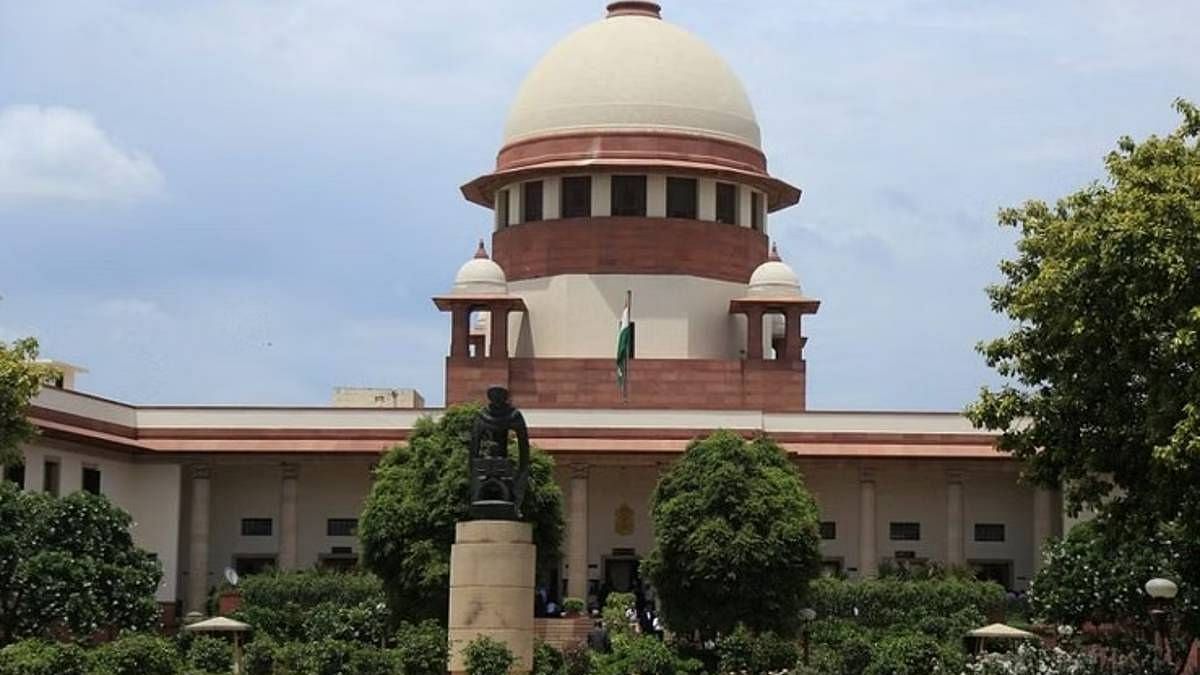New Delhi: The Narendra Modi government has modified its surrogacy rules to permit married couples opting for surrogacy to use donor gametes — a move that would come as a big relief to those with medical complications.
The unamended surrogacy regulations under the Surrogacy (Regulation) Act, 2021, restricted married couples from getting donor gametes.
A gamete is a reproductive cell. In animals, female gametes are called ova or egg cells, and male gametes are called sperm.
A fresh notification issued on 21 February by the Union Ministry of Health and Family Welfare said the couple undergoing surrogacy must use their own gametes for having a surrogate child. However, in case a District Magistrate Board certifies that either husband or wife suffers from a medical condition, then the couple can use a donor gamete.
But the notification allows only one of the two partners – either wife or husband – to use a donor gamete, saying that the child to be born through surrogacy must have at least one gamete from the intending parents. This means a married couple where both partners have medical issues or are unable to have their own gametes cannot opt for surrogacy.
Significantly, the modifications in the surrogacy regulations came more than a month after the Centre told the Supreme Court that it proposed to amend the rules under the 2021 law to allow married couples to get donor gametes in case they suffered medical conditions that made it difficult for them to conceive.
This submission was made in the wake of the top court doubting the correctness of the rules under the law while dealing with applications filed by married women who were unable to conceive due to medical complications.
The women who approached the court seeking permission to use donor eggs were those who could not conceive due to diverse reasons that were not defined under the rules. These medical conditions were auto-immune called Antiphospholipid antibodies (APLA) and Mayer RokitanskyKuster Hause (MRKH) syndrome, which affects the production of oocytes. The rules, however, allowed women with no uterus or missing uterus or abnormal uterus to opt for surrogacy, using a donor egg.
Also Read: 2 years after passing laws on artificial reproduction, Centre asks states for data on surrogacy & IVF
‘Came after SC’s nudge’
During a hearing on 10 January, Additional Solicitor General Aishwarya Bhati had told a bench of justices B.V. Nagarathana and Sanjay Karol that she had written to the health ministry asking them to reconsider the rule restricting the use of donor eggs. Her advice, she said, was referred to the expert body under the law.
However, the bench on that day gave relief to 7 of the 12 petitioners by staying the contentious provision for them and allowing them to accept donor eggs to bear a surrogate child. The bench made the exception after medical reports in each case confirmed that the women were unable to produce their own eggs due to underlying medical conditions.
The couples who got the relief had initiated the steps for surrogacy, but could not complete it due to a sudden amendment in the rules in March last year restricting the use of donor gametes. These couples opted for surrogacy based on their respective doctor’s advice.
The amendment in the surrogacy rules, notified on 14 March 2023, disallowed donor gametes for surrogacy. The amended rule says “couple undergoing surrogacy must have both gamete from the intending couple and donor gametes is not allowed”.
However, the new rules permit single women — only widows or divorcees — to use their own eggs and donor sperm to avail of surrogacy.
The couples had moved the top court questioning the rationale behind the amendment, saying it is arbitrary, done in a “capricious manner” and negated the objective of the parent law, Surrogacy (Regulation) Act, 2021.
Earlier this month, the bench also permitted high courts to decide pleas seeking surrogacy citing medical complications not covered under the regulations.
Advocate Mohini Priya, who appears for the petitioners in SC, told ThePrint, welcomed the changes to the rules. “It is obvious that it has come after the top court nudged the government to look into the issue and after it gave relief to couples who had approached it for help.”
The government has, however, not made any changes vis-à-vis the status of a single woman who wants to have a surrogate child. The new notification does not provide any relaxation to single women and reiterates its old position, which is that a single woman opting for a surrogate child should either be a widow or divorcee and must use her own eggs and donor sperm.
(Edited by Uttara Ramaswamy)
Also Read: ‘Bhade ki kokh’ — how traffickers from North Bengal earn lakhs from illegal surrogacy

